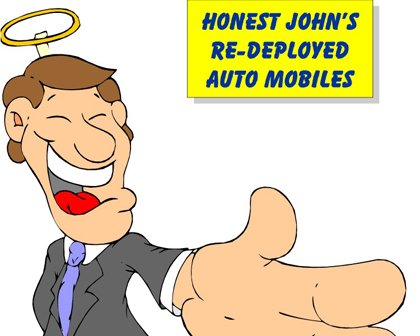This series of columns is written for parents preparing to send their sons and daughters to college for the first time this fall. Each week will include advice I truly wish a veteran college parent had given me. It’s not meant to dampen the excitement you feel at this significant point in your child’s life. It is instead offered as a reality check on what the next four years may cost you financially, academically, and emotionally.
It is also for everyone impacted by the financial practices of America’s colleges and universities. If you think that does not include you, you would be mistaken. College costs (tuition, books, housing, meals, and fees) are primarily funded by borrowed money. These loans are directly responsible for racking up over a one trillion dollar debt.
This figure exceeds the amount owed on credit card debt. The default rate on student loans is rapidly increasing. Banks and other lending institution are passing on these losses to anyone who seeks consumer credit, such as car loans, mortgages and credit cards.
The biggest losers are poor and middle class students who often get little in return for taking on this stifling debt. According to the Chronicle of Higher Education’s college completion study, the majority of students leave school without earning a degree. Only 22.8 percent of students graduate in four years from Maryland’s colleges at a cost of $166,534.00 ($41,633 per year) at private schools and $71,101.00 ($17,775 per year) at public universities.
What’s the value of one, two or three years of college without a degree? Not much. Increasingly, employers are seeking job applicants with four-year degrees, while the market for people with “some college” is shrinking. After two years of college a student could easily accrue upwards of 30 or 40 thousand dollars in loans, yet lack the academic credentials to secure employment that could help pay down the debt.
Watchdog organizations are beginning to say the student loan debt could be “the next economic bubble waiting to burst.” This dire prediction and my personal experiences helping my son earn a college degree accounts for my belief that the practices and policies of many colleges are no better than what you might get when purchasing an automobile from an unscrupulous used car salesman.
My thoughts are subjective, but I doubt I’m the only parent who feels like they are dealing with lower rather than higher education institutions.
After considering a number of schools, Kennard received early acceptance to the country’s oldest private Catholic University. My sense of pride in his accomplishment was tremendous. Not only had he beaten Baltimore’s formidable odds against an African American male graduating high school, he had gained admittance to a highly respected university.
The price was mighty steep but, with the school’s seemingly generous offer of scholarship dollars, coupled with a few loans, our family considered it a wise investment in his future. However, looking back to those heady days of telling anyone who would listen about Kennard’s prestigious college, I now realize his academic interest would have been better served if I had tempered my hubris with due diligence.
Two years later, he’s about three years away from earning a degree. Through various missteps— a few due to my naiveté, but many the result of university systems driven by profits, our family has shelled out thousands of dollars, accrued thousands more in debt and by my best estimates he is at least a hundred thousand dollars away from earning his college degree.
This week’s advice is quite simple. Google every college or university under consideration, and carefully read the comments people write about the school. Of course, you should not make a final decision based on someone’s online posting. Nevertheless, their comments may raise red flags, prompting you to ask relevant questions about the school’s safety record, classroom amenities and curriculum. Make certain the school
responds to your concerns. You must look beyond the usual hype colleges put on their websites.
For example, if I had read this description of the state university Kennard transferred to after his first year at the Catholic college I would have done a closer inspection of the campus and perhaps selected another school:
PLEASE DO NOT LET ANYONE FOOL YOU. THIS IS NOT A SERIOUS INSTITUTION. A LOT OF CRIME HAPPENS ON CAMPUS (ASK ANYONE) MEANING ROBBERIES, STABBINGS, ETC. THE CAMPUS POLICE IS AN UTTER JOKE SO DO NOT THINK YOUR CHILD WILL BE SAFE ON THIS “WONDERFUL CAMPUS.” THE ONLY GOOD THING I CAN SAY IS THERE ARE SOME TEACHERS THAT CARE. BUT THAT COMES FROM WITHIN THEM, NOT THE SCHOOL.
THE 4 YEARS I HAVE ATTENDED I HAVE NEVER SEEN THE OLD NOR NEW PRESIDENT. HOW ARE YOU A SERIOUS SCHOOL BUT YOUR
LIBRARY IS FILLED WITH 2001 DELL DESKTOP COMPUTERS THAT SHUT OFF ON YOU OR JUST WONT START…
Sadly, based on my son’s experience everything this person described proved to be true. I followed the chain of command regarding a very serious issue on campus and I was brushed aside. I then called the president’s office several times, without any response to the messages I left. Metaphorically speaking, I was sold a clunker and the dealer felt no responsibility to stand behind his broken down product.
After this experience I see no difference between buying a used car and acquiring a college education. You may or may not get what you paid for, but you’re still on the hook for the financing.
Jayne Matthews Hopson writes each week on education matters because “only the educated are free.”
